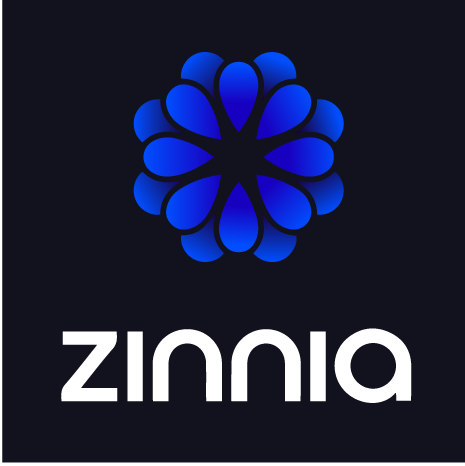Audio Presented by

Zinnia represents the quest for a sustainable, transparent, decentralised future.
About Author
Zinnia represents the quest for a sustainable, transparent, decentralised future.

Zinnia represents the quest for a sustainable, transparent, decentralised future.
Zinnia represents the quest for a sustainable, transparent, decentralised future.